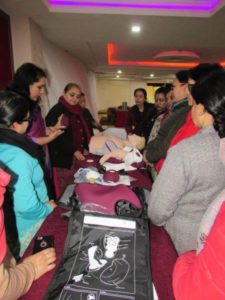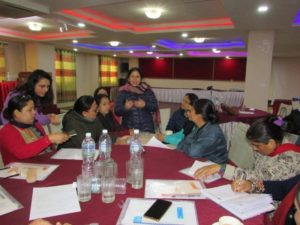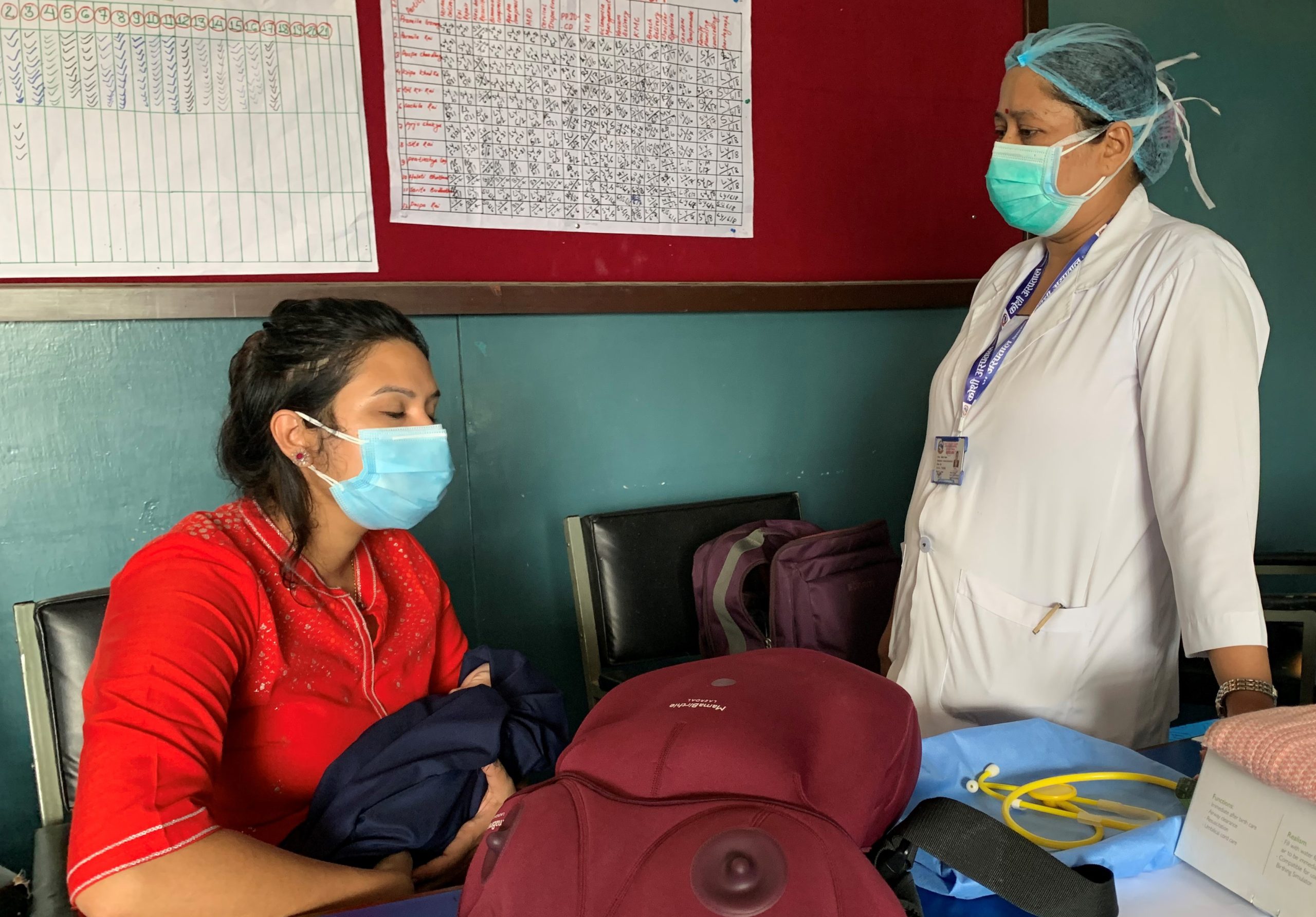
Simulated Based Education- Operational Research
- Overview
Effectiveness of Simulation Based Education on midwifery skills among pre-service and in – service trainees from selected institutes of Nepal
An operational research for a period of 2 years among pre-service midwifery students and in-service trainees aims to evaluate the effectiveness of SBE in their competency as well as to evaluate the feasibility of implementation.
GIZ in collaboration with Laerdal has established Simulated Based education lab in two midwifery institutions and seven skilled birth attendant (SBA) sites of Nepal in partnership with NHTC. For pre-service participants, the study will be conducted in two institutions – Kathmandu University (KU) and National Academy of Medical Sciences (NAMS) where Bachelor of Midwifery is being taught. In case of in–service participants, preliminary data will be collected from the training site in Kathmandu and the follow-up assessments will be done in their respective training sites over a period of six months.
A mixed method will be used to assess knowledge, skill competency and perception of the participants before simulation-based training and at six months following the training. Barrier and enabler for the initiation of SBE lab in the educational institution and training center will be assessed through In Depth Interview and Focus Group Discussion with faculties, SBA trainers, Institution head, representatives of government body (NHTC) and partner organization.
Related Project
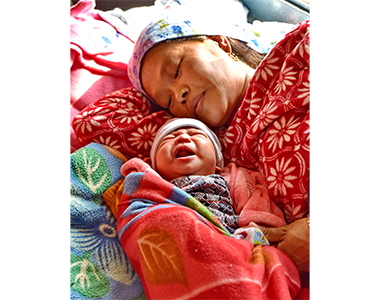
Implementing Respectful Maternity Care (RMC) Intervention to Improve Perinatal Mental Health
Several studies in low- and middle-income settings have shown that mistreatment and disrespectful care during childbirth is a major...
Learn More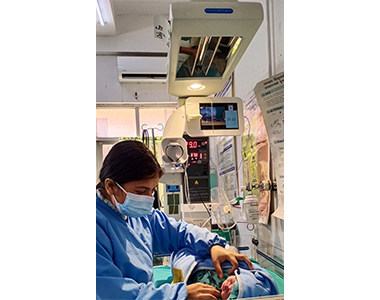
Improving Adherence to Neonatal Resuscitation Using Machine Learning at Quality Improvement Approach (Pre-MALA)
High quality neonatal resuscitation is a key to save newborn lives, prevent brain injury and optimize child development, yet...
Learn More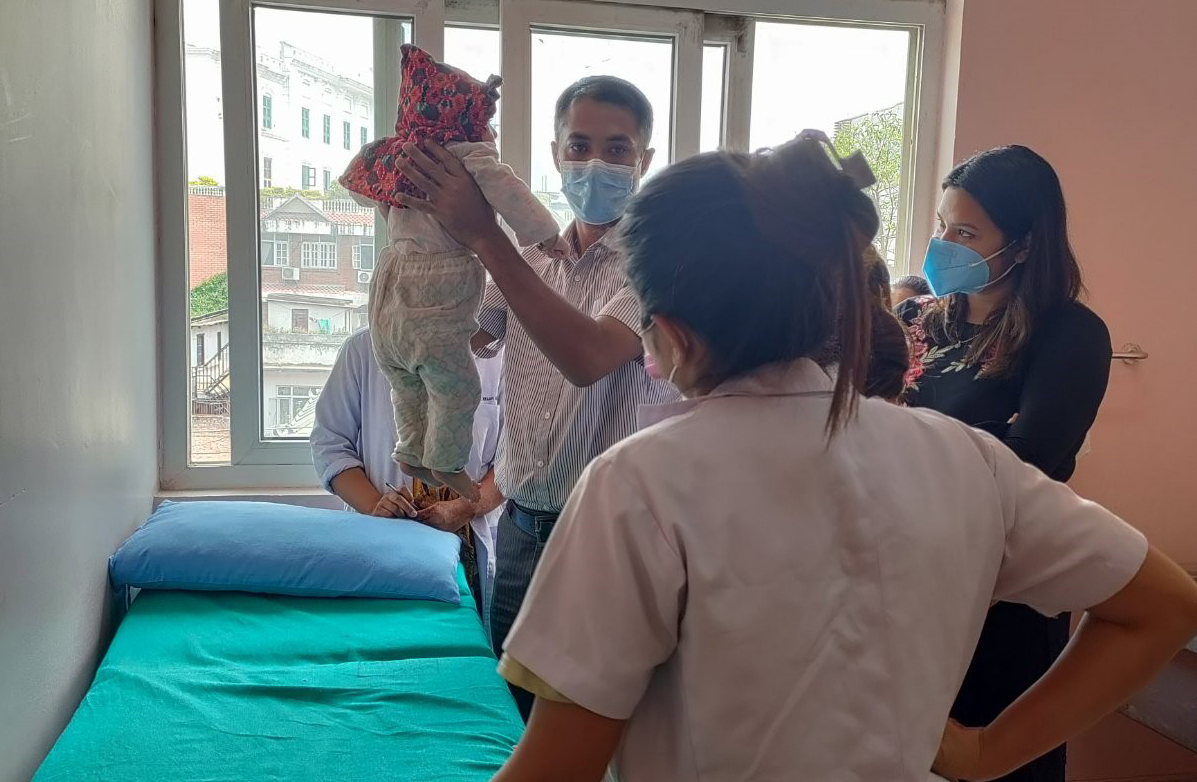
Feasibility of Remote General Movements Assessment (GMA) for Early Recognition and Rehabilitation of Cerebral Palsy in Nepal
Cerebral Palsy (CP) is a syndrome of non-progressive movement and posture disorder caused by damage to the developing brain...
Learn More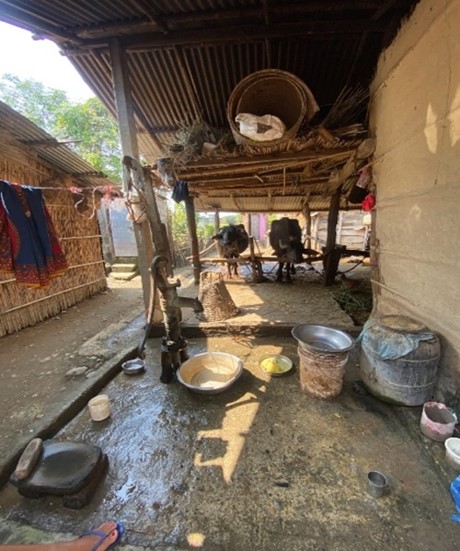
Navigating Food Insecurity During the Pandemic: The Role of Social Networks Among Pregnant Women in Nepal
Food insecurity is defined as a state in which an individual “lacks regular access to sufficient, safe and nutritious...
Learn More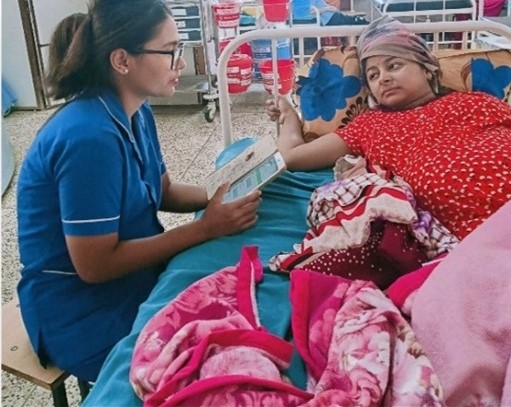
Investigating heat wave risk perception, vulnerability and adaptation among pregnant women
Over the past 15 years, Nepal has experienced a series of catastrophic weather events, with the Terai region emerging...
Learn More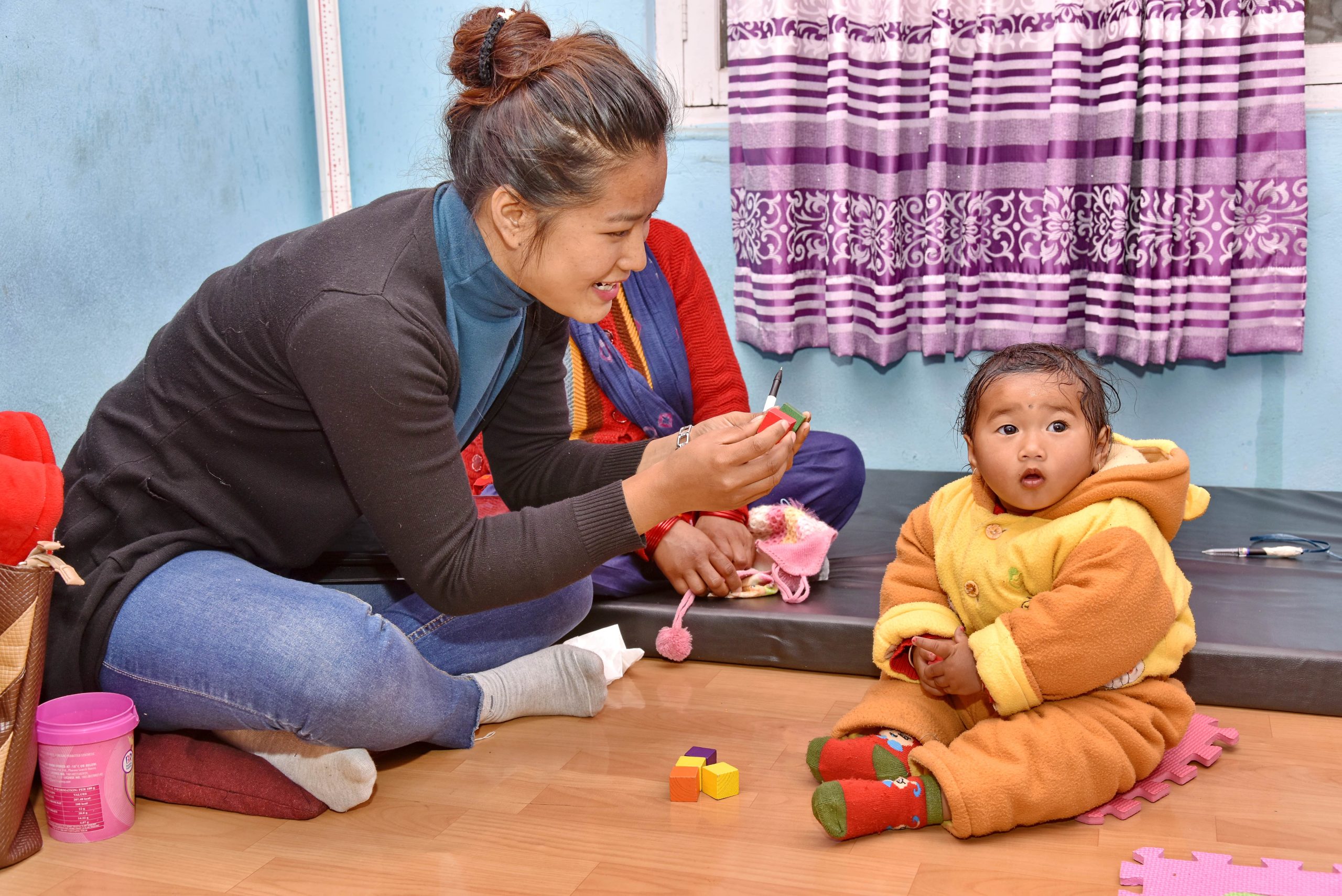
Every Newborn – Simplified Measurement Integrating Longitudinal Neuro Development and Growth (EN-SMILING)
In low- and middle-income countries, there has been a noticeable decline in mortality rates among children under 5 years...
Learn More
